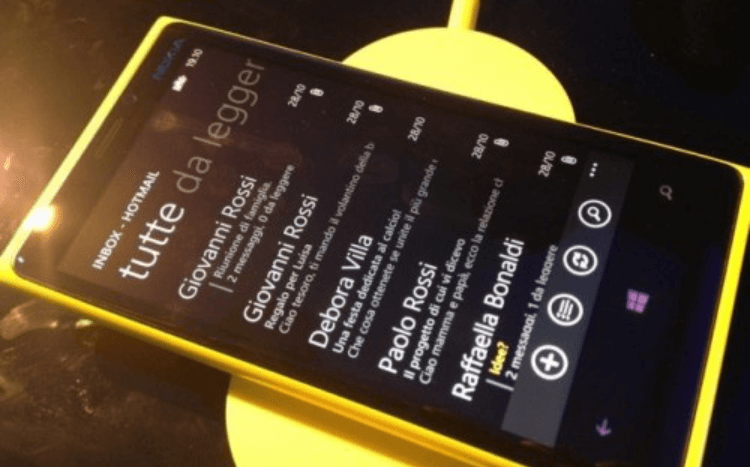Nokia, a Finnish company, was one of the mobile phone industry’s biggest manufacturers for three decades. The sale will see the relocation of 32,000 Nokia employees to Microsoft.
It is reported as a huge blow to Finnish national pride. Just two years ago, Nokia’s revenue accounted for 20 per cent of GDP in the Finnish economy.
Microsoft’s takeover saw its share price fall 6 per cent, while Nokia’s surged 34 per cent in Helsinki.
The sale will be fascinating for MBAs interested in the technology market. Microsoft has struggled in recent years as consumers have shunned laptops and desktop PCs in favour of smartphones and tablets. The company will face stiff competition from market-dominators Apple, Samsung and Blackberry.
We spoke to three MBAs from the US, the UK and China on a deal that could shape the future of the smartphone market.
Amit Mahajan studied an MBA at Cranfield University School of Management. He previously worked at IBM in India and Germany, and is currently a management consultant at PricewaterhouseCoopers in the UK. He has a keen interest in technology and previously studied a BE in Computer Science.
"Nokia's market shares have been going down for the last couple of years. I can see them complementing each other in that Nokia already have Microsoft Windows in their smartphones. Having both software and hardware capability internally gives you a better opportunity to come up with breakthrough products," he said.
Alejandro Correa is currently studying on the full-time MBA program Chicago Booth in the US. He has spent six year’s working as a consultant for A.T Kearney and previously studied physical engineering at undergraduate level. He has just completed a social enterprise externship with Spark Ventures.
“I think it’s interesting that you see Microsoft moving more and more from software to owning hardware. They're clearly doing things radically different than before. I don’t know if they'll be successful but it’s a step in the right direction," he said.
“You see sales going down, brutally, and focusing on the bigger growth category, cell phones, makes sense. It’s following Apple, but Apple has been so successful.
“If you look at the growth of the smartphone platforms, Android is growing faster than anyone else. But maybe Apple has something up their sleeve: if you look at what the press are saying, they've been slacking or are not keeping up with the pace of innovation. You haven’t heard too much news.
“If I had a hunch I would say Samsung and Android devices will dominate the market in the years to come. I would give Microsoft the benefit of the doubt but they're way behind. Blackberry has been at this for a long time, but how do you change the script?”
Rajeev Batra studied an MBA at Nanyang Business School and specialised in strategy and finance. Originally from India, he has experience in consulting and worked as a project manager for three years at Hewitt Associates. Since graduation, Rajeev has been working as an analyst for Jatro Ag and CB Richard Ellis in Singapore.
“I think it is a good idea for Microsoft. The mobile phone market is growing really rapidly in the West and it has potential in the East. So even though Apple and Samsung are the main industry leaders, it’s a good decision for Nokia and Microsoft to collaborate," he said.
“I think this will really enable them to invest in research and development, which they need to be competitive. It’s a testimony to the fact that Microsoft is serious about smartphones. Previously Nokia hasn’t been that strong, so this should improve their standing.
“I think Samsung has been doing fantastically recently. It wasn’t a big player ten years ago, so their innovation has been surprising. Right now, I see that they are coming up with a wide variety of phones compared to Apple, which suit different types of people. No one’s rivalling Samsung right now and I think they are the strongest brand.”
RECAPTHA :
90
87
3a
bc








